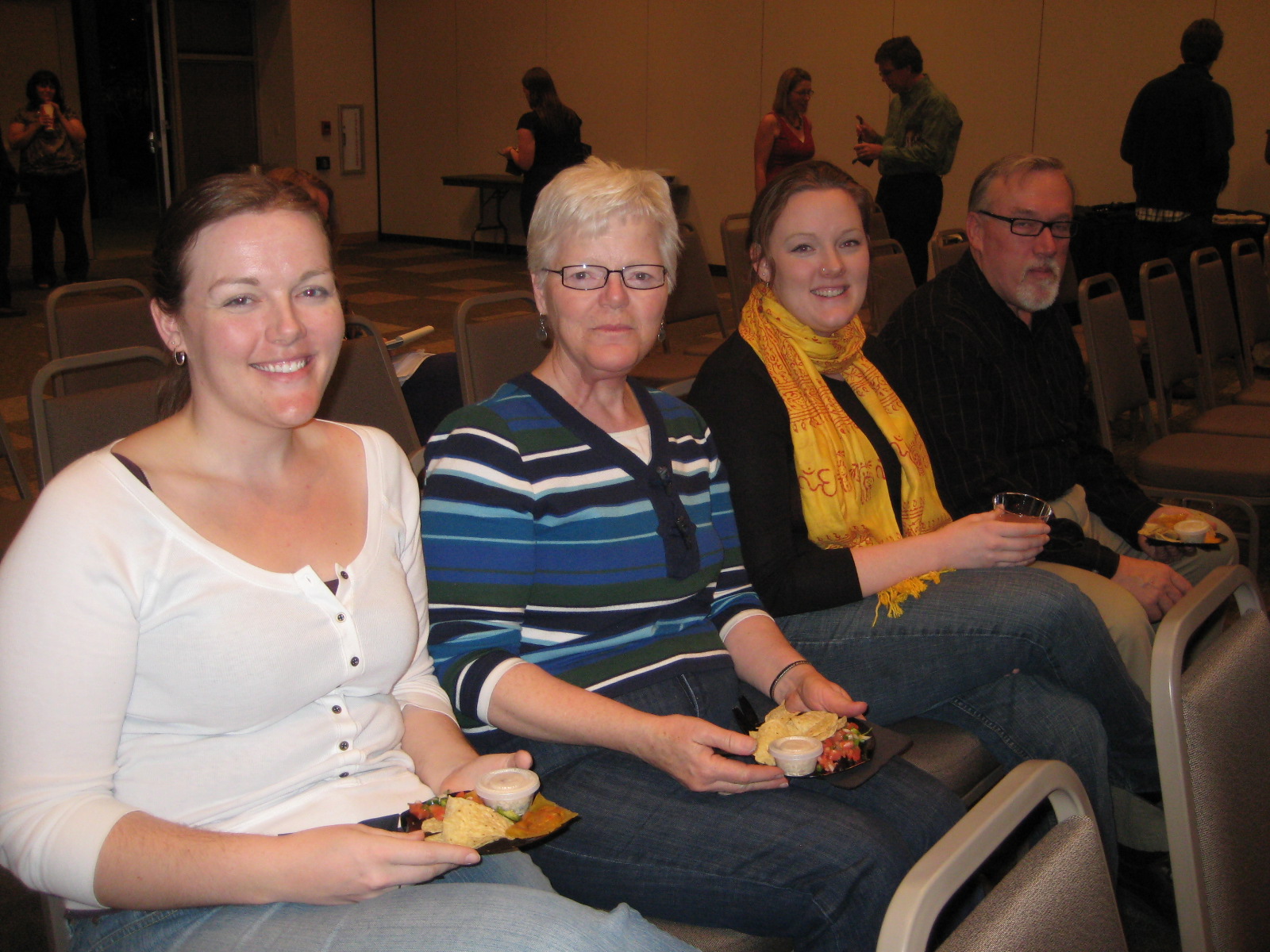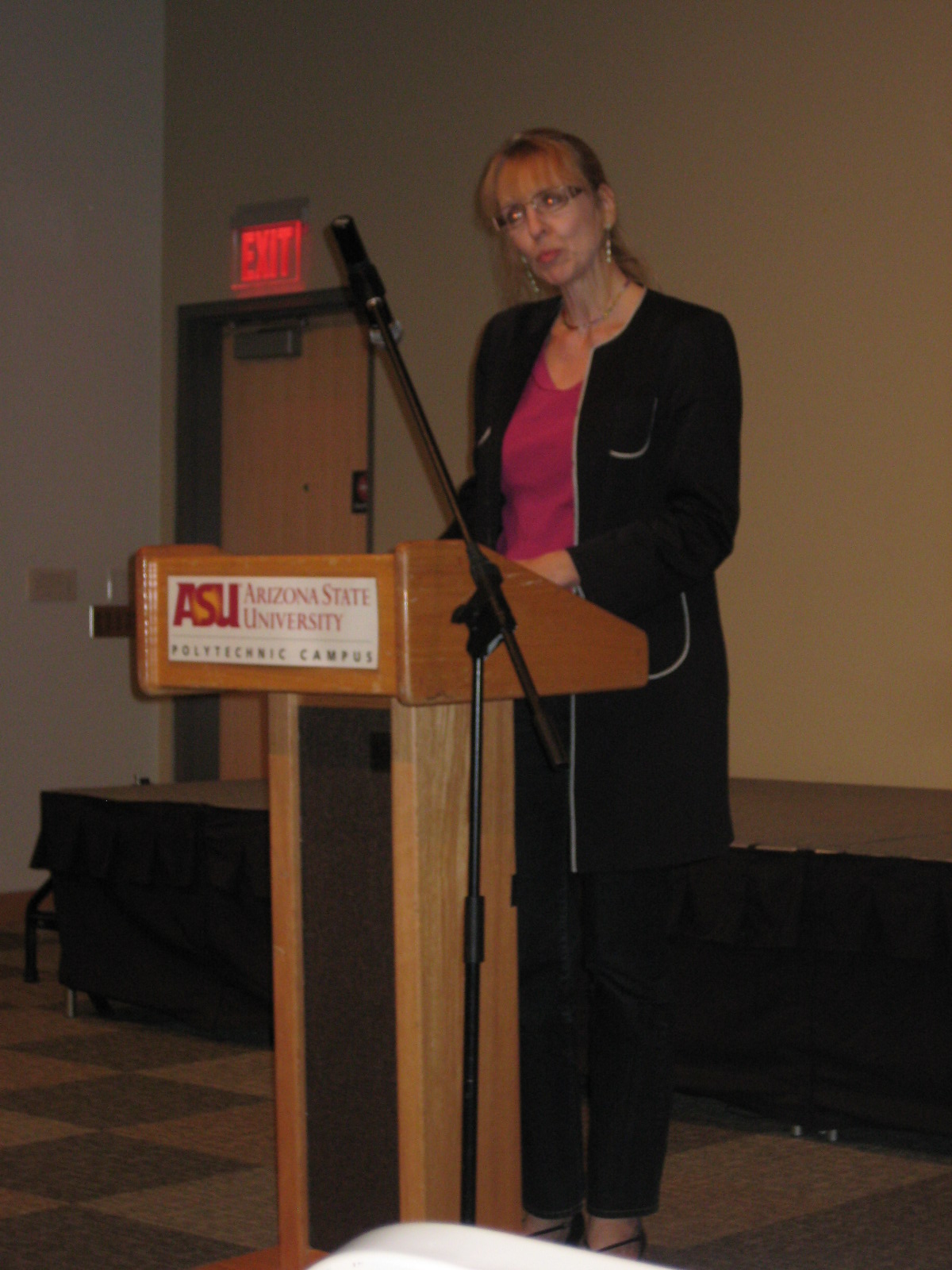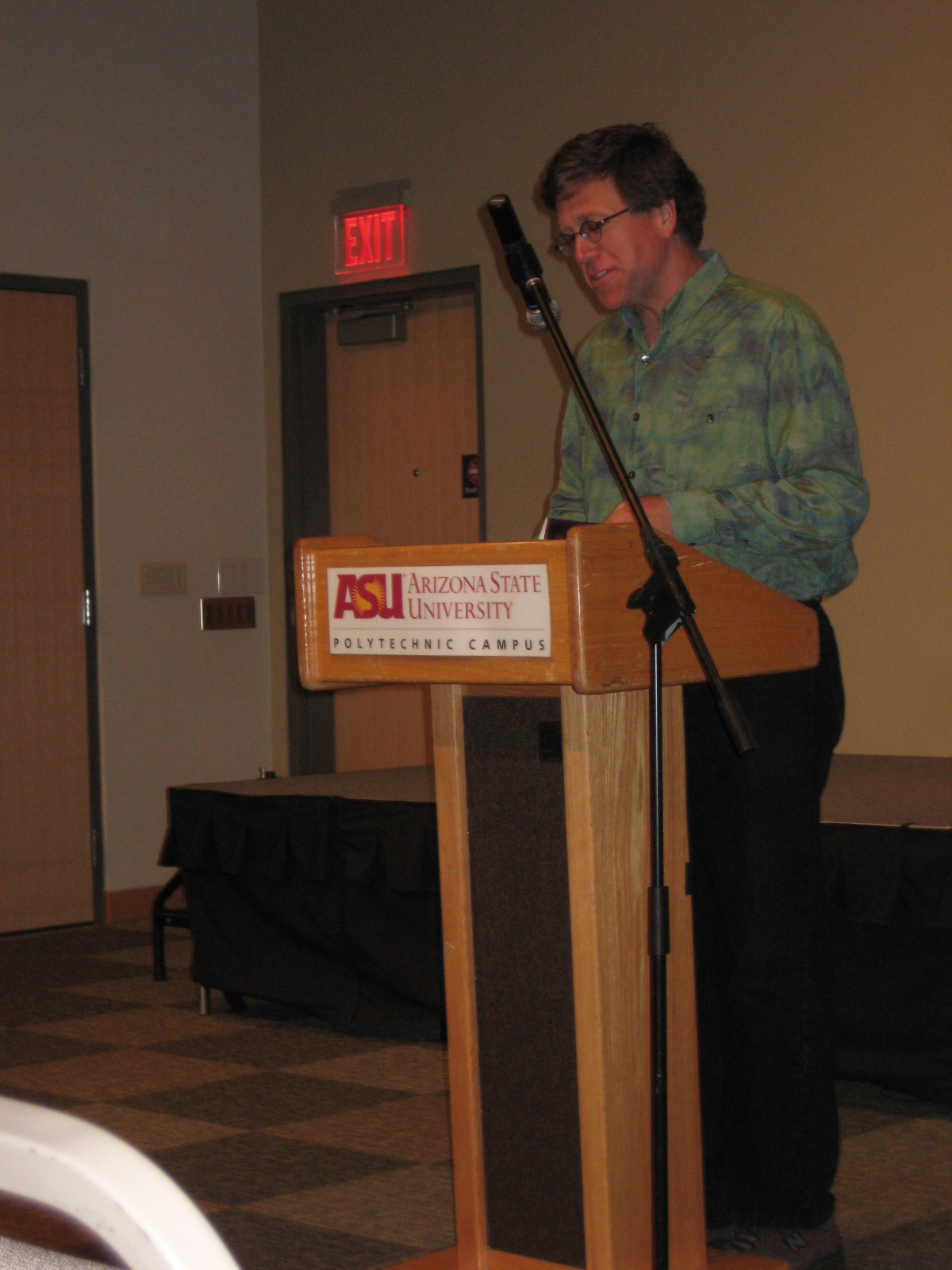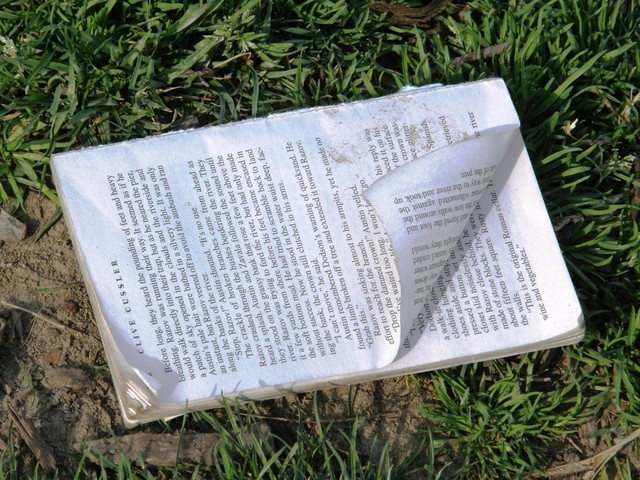Monday, March 16th Superstition Review will be hosting the first reading of its Spring Reading Series. Arizona State University Creative Writers Cynthia Hogue and Peter Turchi will share their poetry and fiction. The reading will be held in the Cooley Ballroom at the ASU Polytechnic Campus at 7:30 p.m. and is free and open to the public. The reading is generously sponsored by the Student Affairs organization at the Polytechnic Campus and is catered with organic food shares donated by the CSA. Our menu includes:
Swiss Chard Boules Stuffed w/ Chili Pepper Risotto
Roasted Vegetable Dumplings w/ Dipping Sauce
Local Orange Pico de Gallo w/ Tortilla Chips
Cynthia Hogue has published nine books, including an electronic chapbook, Under Erasure, in thedrunkenboat.com (December 2007), The Incognito Body (2006), and two co-edited editions, Innovative Women Poets: An Anthology of Contemporary Poetry and Interviews (2006), and the first edition of H.D.’s The Sword Went Out to Sea, by Delia Alton (2007). Among her honors are an Arizona Commission on the Arts Project Grant and a MacDowell Colony Residency Fellowship, both in 2008. Professor Hogue taught in the M.F.A. program at the University of New Orleans before moving to Pennsylvania, where she directed the Stadler Center for Poetry at Bucknell University for eight years. While in Pennsylvania, she trained in conflict resolution with the Mennonites and became a trained mediator specializing in diversity issues in education. In 2003, she joined the Department of English at ASU as the Maxine and Jonathan Marshall Chair in Modern and Contemporary Poetry.
Peter Turchi is the author of five books: a novel, The Girls Next Door; a collection of stories, Magician; a non-fiction account of the exploits of treasure hunter Barry Clifford, co-written with the subject; an artist’s exhibit catalog, Suburban Journals: The Sketchbooks, Drawings, and Prints of Charles Ritchie; and Maps of the Imagination: The Writer as Cartographer. He has also co-edited, with Charles Baxter, Bringing the Devil to His Knees: The Craft of Fiction and the Writing Life, and, with Andrea Barrett, The Story Behind the Story: Twenty-Six Stories by Contemporary Writers and How They Work. He is the recipient of fellowships from the National Endowment for the Arts and the John Simon Guggenheim Memorial Foundation. He has taught at Northwestern University, Appalachian State, and the University of Houston, and for 15 years he directed and taught in the Warren Wilson College MFA Program for Writers. He now teaches and is Director of Creative Writing and the Virginia G. Piper Center for Creative Writing at Arizona State University.
Join us Monday, March 16th to see these talented writers present their original work. I personally have found the readings not only enjoyable and enlightening, but inspirational to my own work as a writer. I have found few experiences to be as motivational as attending a live reading with contemporary authors. The readings have grown increasingly popular over the past year since the magazine first began the series, and our upcoming reading looks to be our most popular to date. We here at Superstition Review are excited to have such respected authors representing the magazine. We look forward to seeing you all there.
written by Alisha Allston



